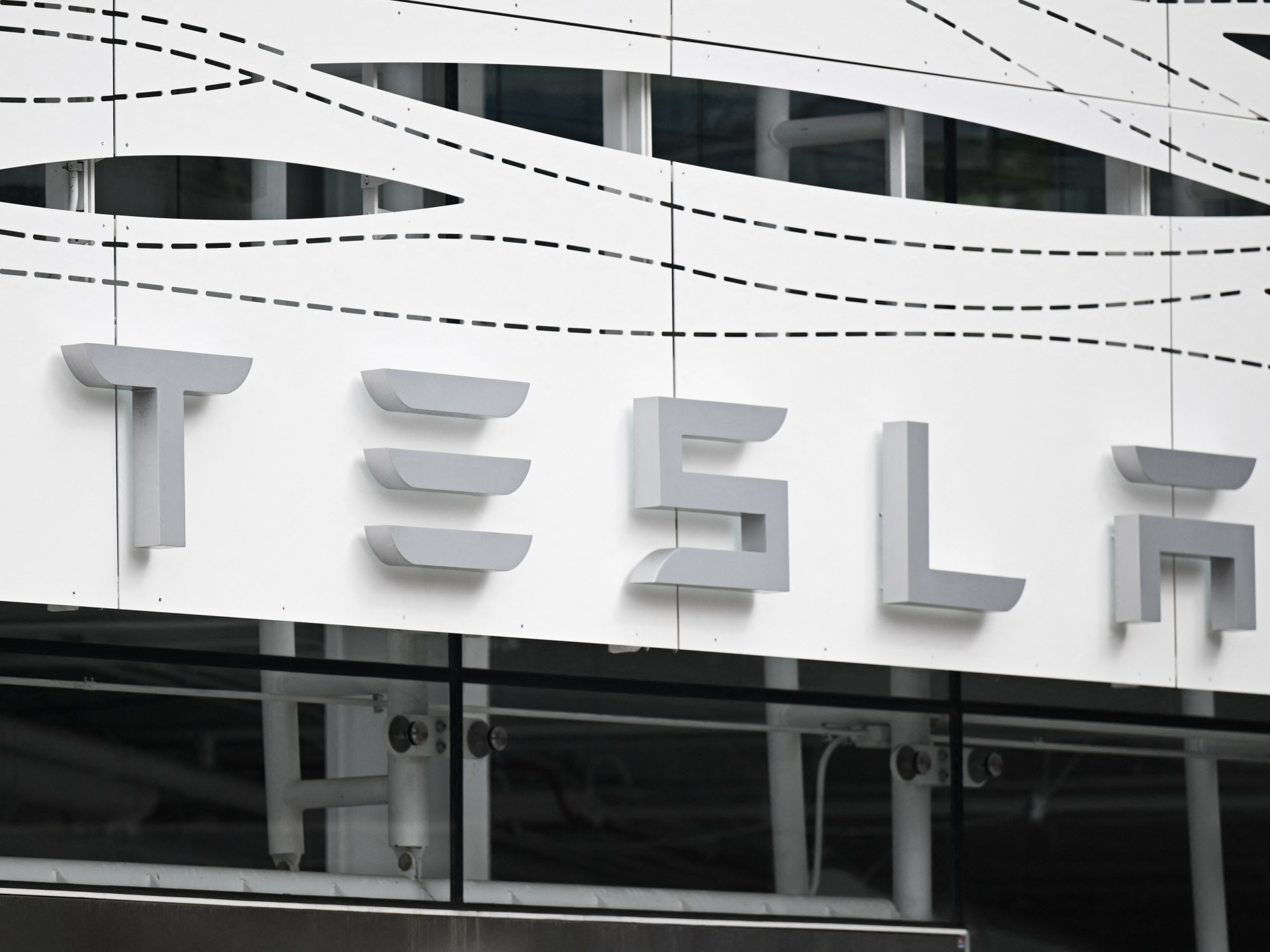Uttoxeter is the venue for Wednesday’s action live on Sky Sports Racing, where Anti Bridgie switches to handicap company in
LATEST NEWS
LATEST NEWS
TECHNOLOGY

Google-backed Glance pilots Android lockscreen platform in US
Glance, which operates a lockscreen platform targetting Android smartphones, is setting its sights on the U.S. market. The Indian startup
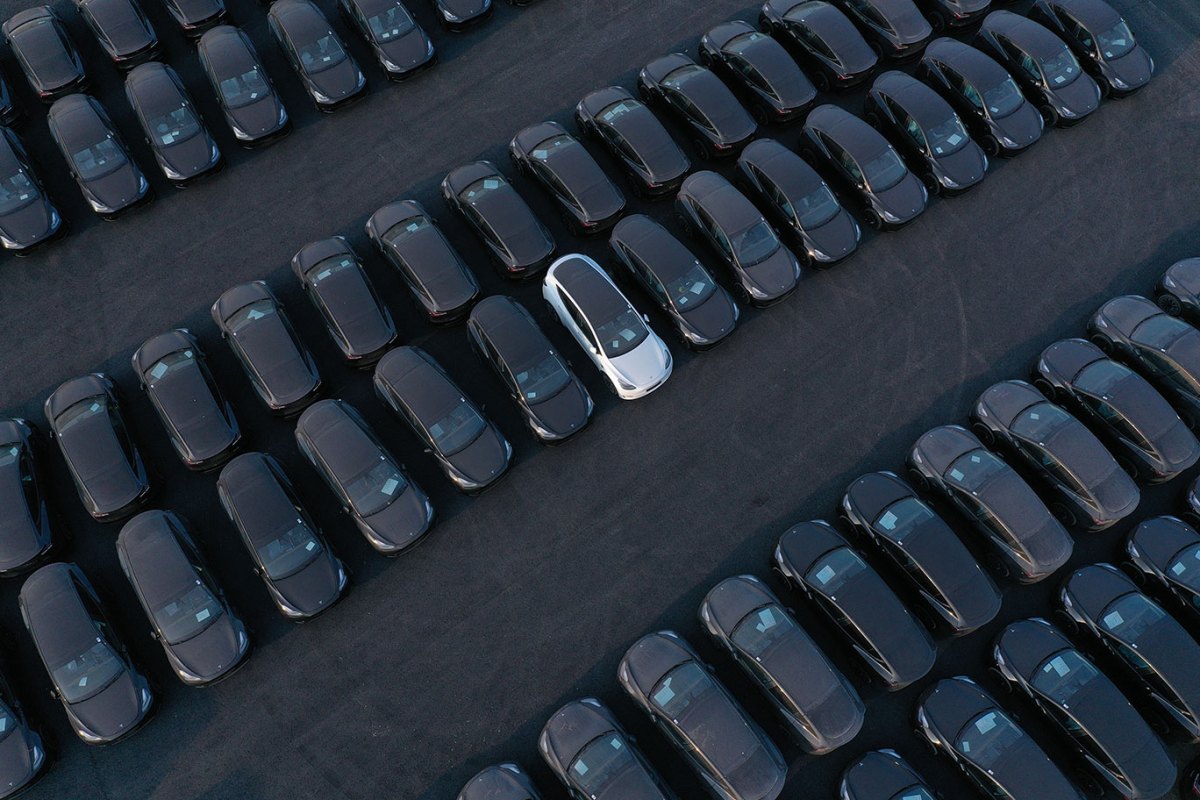
Tesla’s new growth plan is centered around mysterious cheaper models
Tesla’s been undergoing some major changes, and now we have a sense of why: The company says it is upending
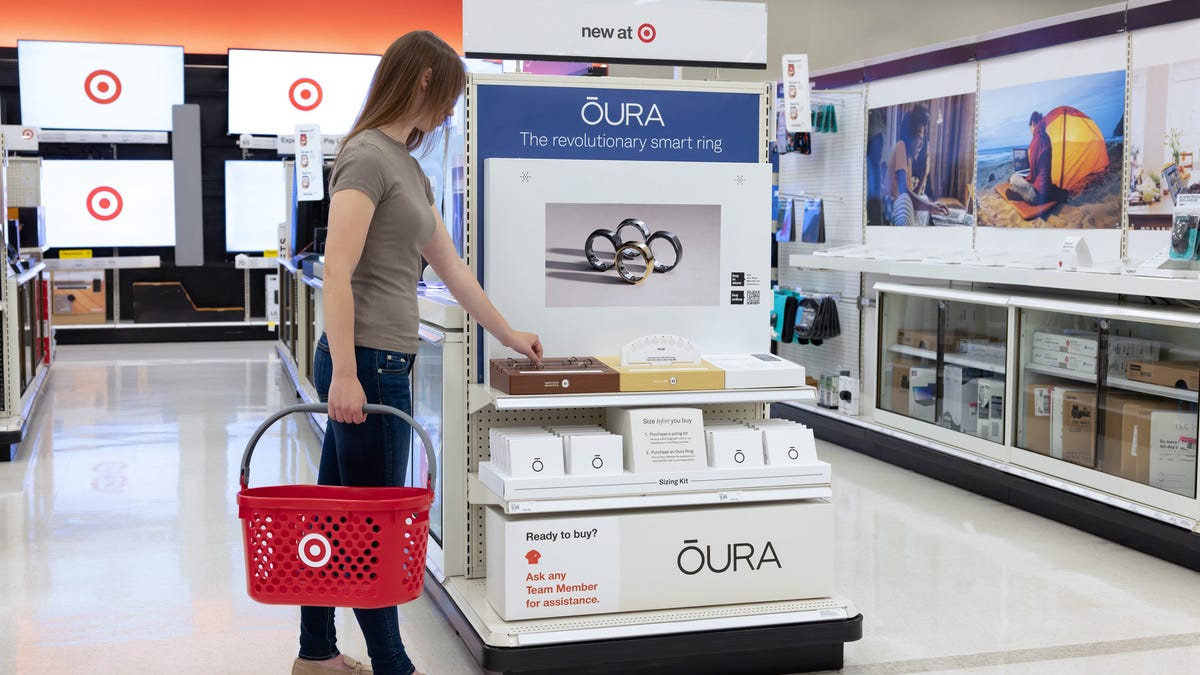
You can now buy an Oura Ring at Target – and get it sized right in the store
Target The Oura Ring has gotten so popular over the past few years that you now can buy the smart
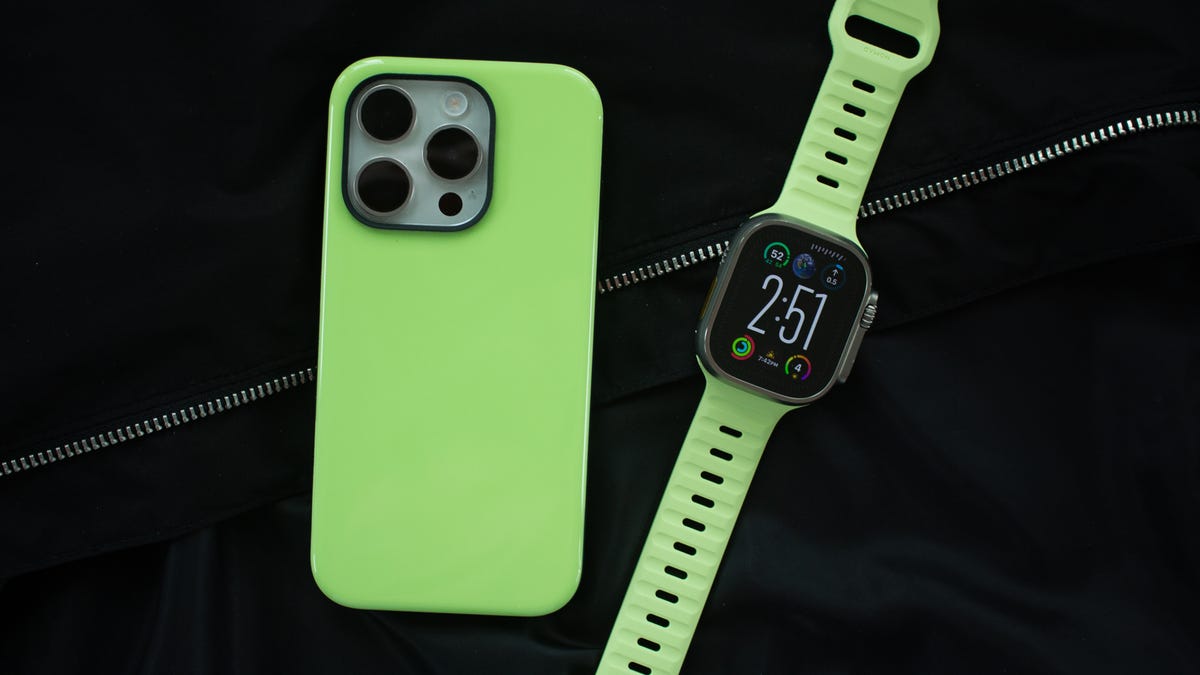
Nomad’s glow-in-the-dark iPhone case just sold out, but its alternatives are just as good
Max Buondonno/ZDNET Last year, Nomad released one of the boldest accessories for the Apple Watch we’ve ever seen: a glow-in-the-dark
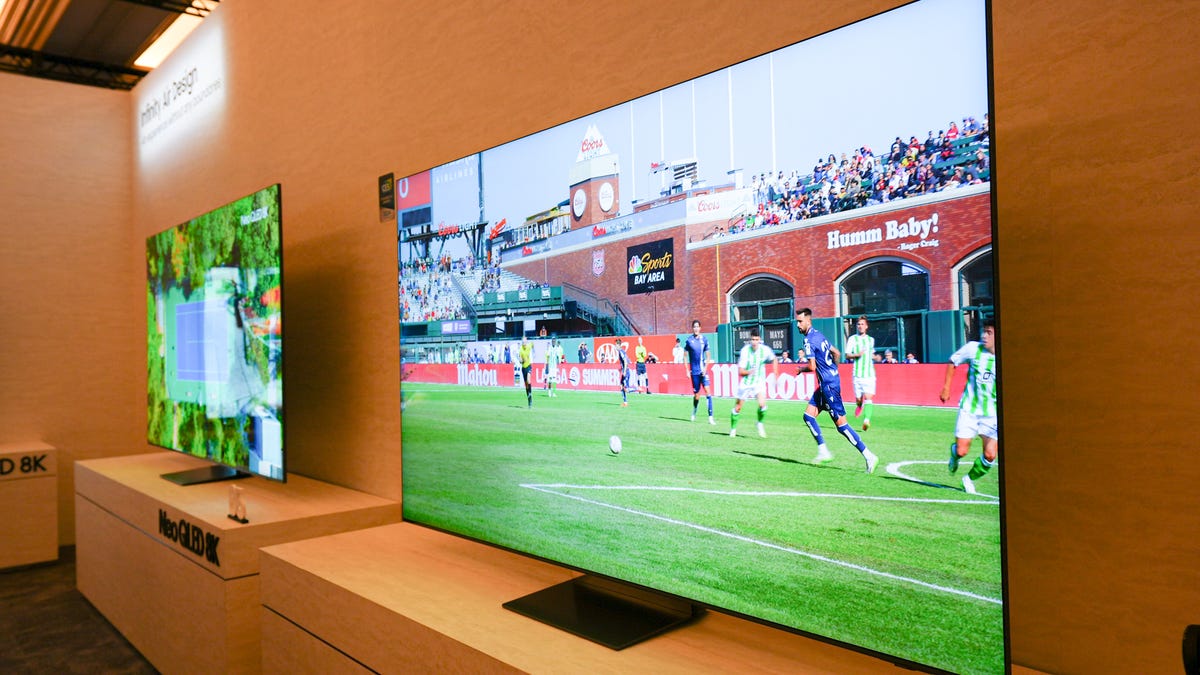
The Samsung QLED TV that most people should buy is up to $2,200 off
Kerry Wan/ZDNET What’s the deal? Amazon is currently discounting up to $2,200 off the QN90C Neo QLED model. The 55-inch
World

Athens turns orange under North Africa’s Sahara dust clouds | In Pictures News
Athens turned orange as winds deposited sand from North Africa on the Greek capital. Skies over southern Greece turned an



